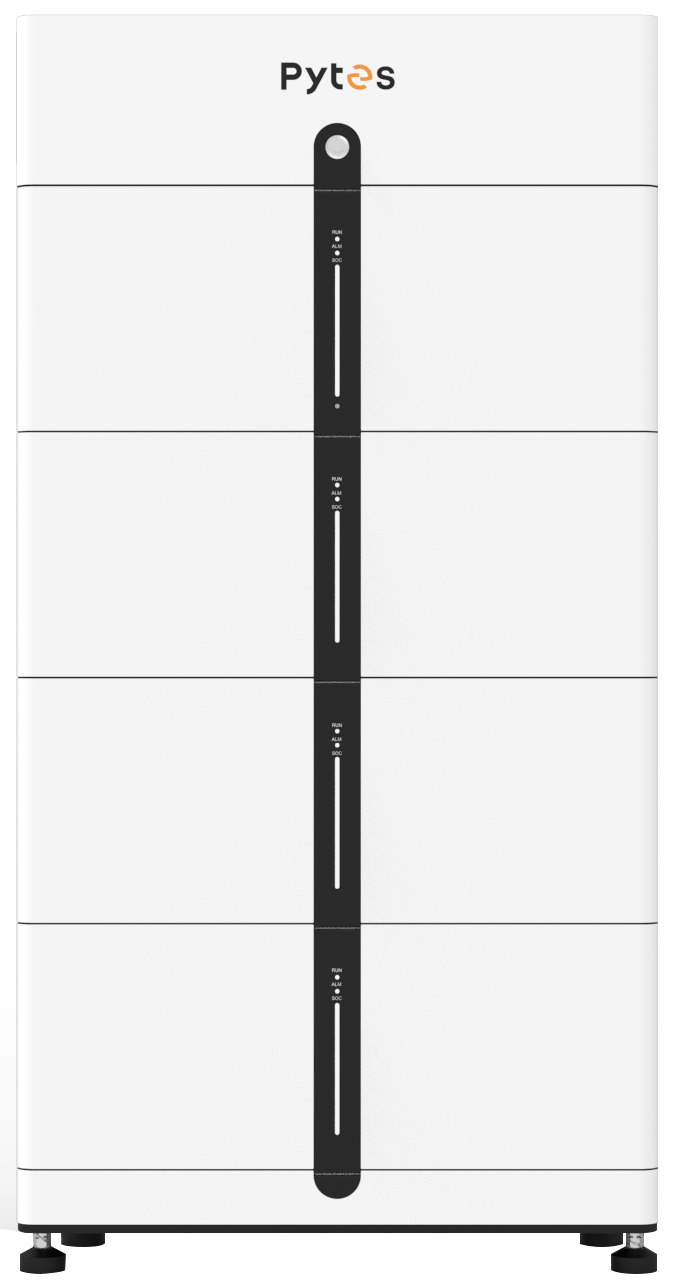Revolutionizing EV Charging Stations with Pytes’ Pi LV1 Stackable Energy Storage System
April 17, 2025The integration of stackable energy storage systems into electric vehicle (EV) charging stations marks a significant advancement in the pursuit of sustainable and efficient transportation infrastructure. Pytes’ Pi LV1 Stackable Energy Storage System stands at the forefront of this innovation, offering a range of benefits that enhance the functionality, reliability, and economic viability of EV charging stations.

Enhanced Efficiency and Cost Savings
One of the primary advantages of incorporating the Pi LV1 Stackable Energy Storage System into EV charging stations is the ability to optimize energy usage. By storing electricity during off-peak hours when grid prices are lower, and discharging it during peak demand, the system can significantly reduce operational costs. This strategy, known as "peak shaving," helps mitigate high demand charges imposed by utility companies, leading to substantial long-term savings.
Fast and Reliable Charging
With an impressive continuous output of up to 10.24 kW, the Pi LV1 meets the high-power demands of modern electric vehicles, enabling ultra-fast charging. This ensures that vehicles can be charged quickly, enhancing the overall user experience. Additionally, the system provides a stable and consistent power supply, even during periods of grid instability or outages, ensuring that charging stations remain operational.
Scalability and Flexibility
Designed with flexibility in mind, the Pi LV1 supports configurations ranging from 5.12 kWh to 30.72 kWh per stack, and allows up to 4 stacks to be combined. This modular architecture makes it easy to scale the system to match growing energy demands—whether for small local stations or large commercial installations.This flexibility makes the system an ideal solution for both small-scale charging stations and large commercial installations.
Safe and Reliable Operation
Safety is a top priority. The Pi LV1 uses LFP (LiFePO₄) chemistry, known for its thermal stability and long life cycle. Each module is equipped with a field-proven Battery Management System (BMS), a DC breaker, and fuse protection, ensuring dependable and secure performance in all scenarios.
Environmental Benefits
By integrating stackable energy storage systems with EV charging stations, there is a significant reduction in carbon footprint. The Pi LV1 can store excess renewable energy generated from solar or wind sources, making it available for charging EVs when needed. This not only reduces reliance on fossil fuels but also enhances the overall sustainability of the transportation sector.
Plug-and-Play Installation
Installation is fast and hassle-free. With quick connectors and no hand-wiring required, the Pi LV1 can be set up in as little as 15 minutes, minimizing downtime and labor costs for deployment. This user-friendly design allows charging station operators to easily maintain operations without requiring advanced technical skills, significantly reducing labor costs and simplifying system management.
Rugged Outdoor-Rated Enclosure
Built for versatility, the Pi LV1 features a water- and dust-proof enclosure, making it suitable for both indoor and outdoor environments. This rugged design ensures long-lasting performance even under harsh conditions.
Smart Monitoring and Remote Management
The system includes intelligent remote monitoring and upgrading capabilities. Operators can easily oversee performance, diagnose issues, and implement firmware updates—streamlining maintenance and enhancing operational efficiency.
Future-Proofing Infrastructure
As EV adoption accelerates, Pytes' Pi LV1 ensures your infrastructure evolves with it. Its smart, scalable, and robust design equips charging station operators with a future-proof solution that combines performance, flexibility, and sustainability.
https://www.pytesess.com/
Pytes